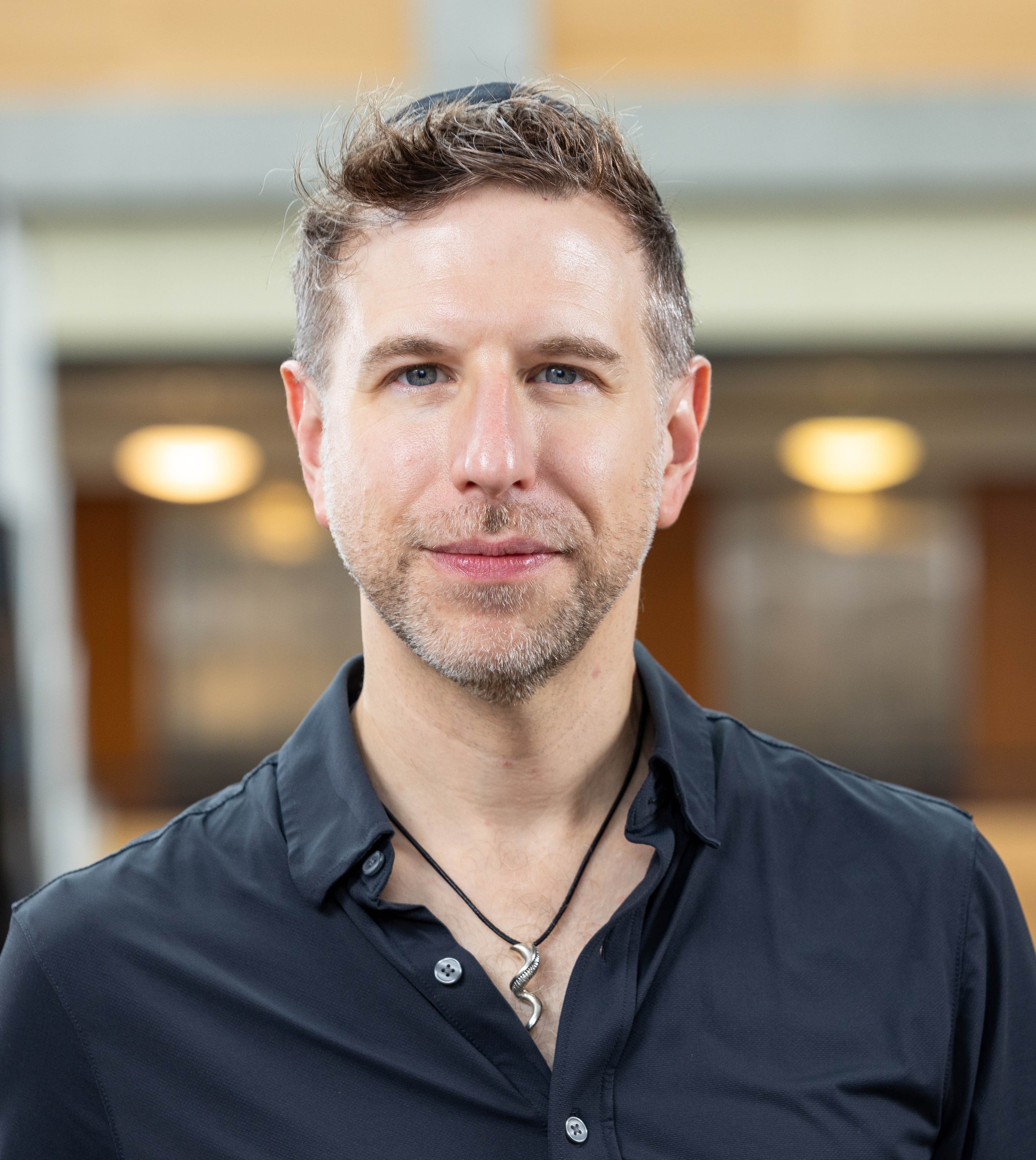Invited Speakers
Keynote Speaker: Prof. Noah A. Smith

Affiliation: Amazon Professor at the University of Washington & Senior Director of NLP Research at the Allen Institute for AI
Talk Title: Science of AI and AI for Science
Abstract:
Neural language models with billions of parameters and trained on trillions of words are powering the fastest-growing computing applications in history and generating discussion and debate around the world. Yet most scientists cannot study or improve those state-of-the-art models because the organizations deploying them keep their data and machine learning processes secret. I believe that the path to models that are usable by all, at low cost, customizable for areas of critical need like the sciences, and whose capabilities and limitations are made transparent and understandable, is radically open development, with academic and not-for-profit researchers empowered to do reproducible science. In this talk, I'll discuss some of the work our team is doing to radically open up the science of language modeling and make it possible to explore new scientific questions and democratize control of the future of this fascinating and important technology. I'll then talk a bit about what open language models might do for the music technology community, highlighting opportunities and challenges.
Bio:
Noah A. Smith is a researcher in natural language processing and machine learning, serving as the Amazon Professor at the University of Washington and Senior Director of NLP Research at the Allen Institute for AI. He co-directs the OLMo open language modeling initiative. His current work spans language, music, and AI research methodology, with a strong emphasis on mentoring—his former mentees now hold faculty and leadership roles worldwide. Smith is a Fellow of the Association for Computational Linguistics and has received numerous awards for research and innovation.
Keynote Speaker: Dr. Maria Eriksson

Affiliation: Senior Researcher at the Joint Research Centre of the European Commission (ECAT, Seville, Spain) & Affiliated Researcher at Lund University, Sweden
Talk Title: LLMs, Musical Knowledge Production, and the Return of Textuality as a Source of Musical Insights
Abstract:
Large Language Models in the form of chatbots such as GPT, Gemini, Claude, Llama, and Grok introduce new ways of discovering music and measuring its aesthetic value. As public use of LLM chatbots continues to increase, these tools are also poised to play an increasingly important role in shaping the music industry and guiding how people engage with music. This talk explores the role of LLM chatbots within a longer historical framework of creating and finding musical information. Whereas early 21st century music information retrieval systems often emphasized the “wisdom of the crowd” and placed user actions at the heart of what was framed as qualitative musical information (as prior listening patterns heavily guided music recommendation systems on streaming platforms, for example), current chatbots instead re-center textuality in music information retrieval, and usher in a surprising return of (historic) written metadata, music critique, and textual records as a source of musical knowledge. This shift marks a return of the authority of the written word as a site of musical insights and re-frames musical knowledge as emerging from textual dialogue and interaction rather than listening histories and habits. By reflecting on how AI chatbots transform what counts as musical expertise, this talk seeks to grasp what it means that LLMs increasingly function as musical mediators. It will also reflect on what it means for the future, when conversations about music increasingly take place within closed, privatized chatbots, rather than public news outlets or open discussion forums.
Bio:
Maria Eriksson is a Senior Researcher at the Joint Research Centre of the European Commission, based at the European Centre for Algorithmic Transparency (ECAT) in Seville, Spain. She is also an Affiliated Researcher at the Department of Arts and Cultural Sciences/Digital Cultures at Lund University, Sweden. Her research is located at the intersection of policy work, media studies, social anthropology, and science and technology studies. She has published extensively on the politics and power of streaming platforms for music and the role of algorithmic systems within the cultural and creative industries. Currently, she contributes with scientific expertise to the European Commission’s implementation of the EU AI Act and Digital Services Act.
Other invited speakers will be announced soon.













